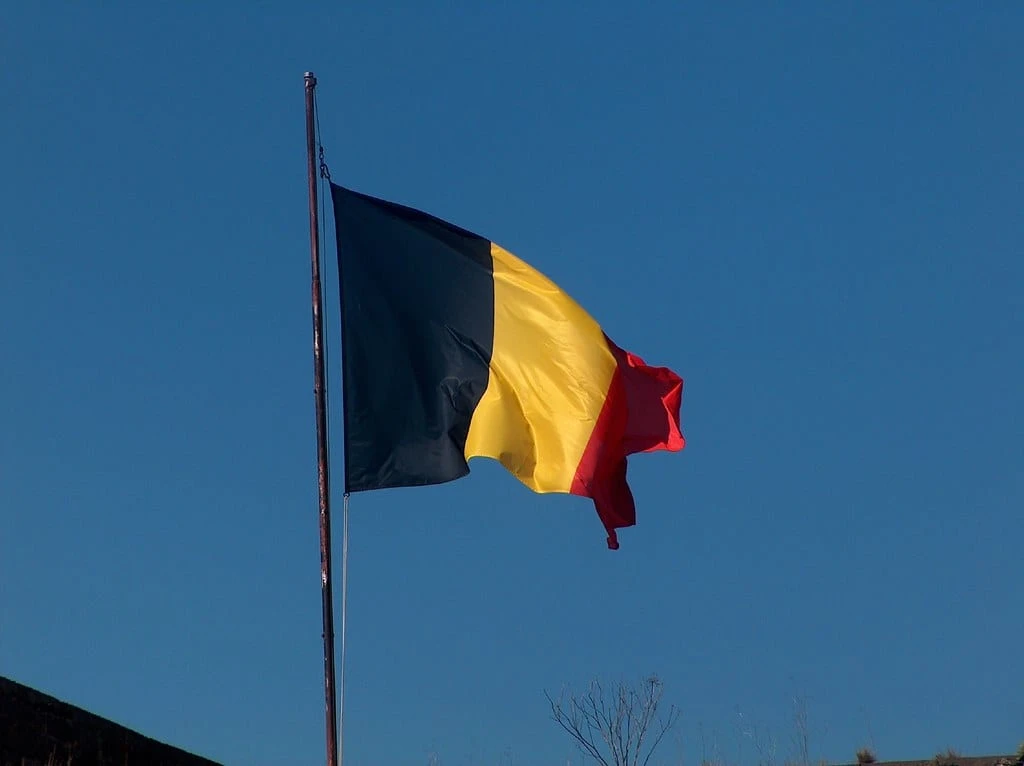Belgian regulator suggests ad ban in report on football ads

The Belgian Gaming Commission (BGC) has criticised the prominence of gambling advertising in football in a report on ads during the 2019 Jupiler Pro League playoffs.
It said in the report that it may look into introducing advertising restrictions for gambling companies.
The commission’s report found that gambling advertisements were widespread in Belgian football, thanks to Kindred brand Unibet’s sponsorship of the Jupiler Pro League and many clubs being sponsored by gambling operators. Of the 18 clubs in the Pro League, 14 were sponsored by gambling operators, including all six in the championship playoff, in which teams compete for the league title.
In addition, the report noted that Belgian clubs often advertised gambling through the display of their sponsors’ logos on club websites and the advertisement of gambling promotions on club social media feeds.
“The analysis of the gambling advertising shown during the football play-offs and the analysis of the betting data show, on the one hand, that gambling advertising is ubiquitous in football events and on the other hand, that an increase in gambling activity can be observed on the playing days of the play-offs,” the report said.
The report said that the prominence of gambling advertising could be a problem by convincing viewers that gambling is a built-in part of sports.
“The strong relationship between football and gambling, however, can give the public the impression that both matters are inextricably linked, which can furthermore lead to the normalization of gambling behaviour,” it said.
The commission said it would have to examine whether restrictions on gambling advertising should be implemented, possibly including a ban on advertising gambling during sports events similar to the UK’s whistle-to-whistle ban.
“It is necessary to know whether quantitative restrictions on advertising can be implemented. This can range from an advertising ban, a ban on sponsoring sports clubs or product placement, over a point system to a maximum percentage of the public space that can be occupied by such advertising messages,” the report said. “Based on this, the Gaming Commission can elaborate a targeted control and sanction policy.”
Although the report noted that advertising is an important way in which licensed operators can gain players that would otherwise go to their unlicensed counterparts, it said that this did not mean there should not be advertising restrictions.
“Advertising for licensed games of chance must be considered as part of the government's channelisation plans,” it said. “But under no circumstances can the sky be the limit. Gambling advertising must be done within a clearly defined framework.”
